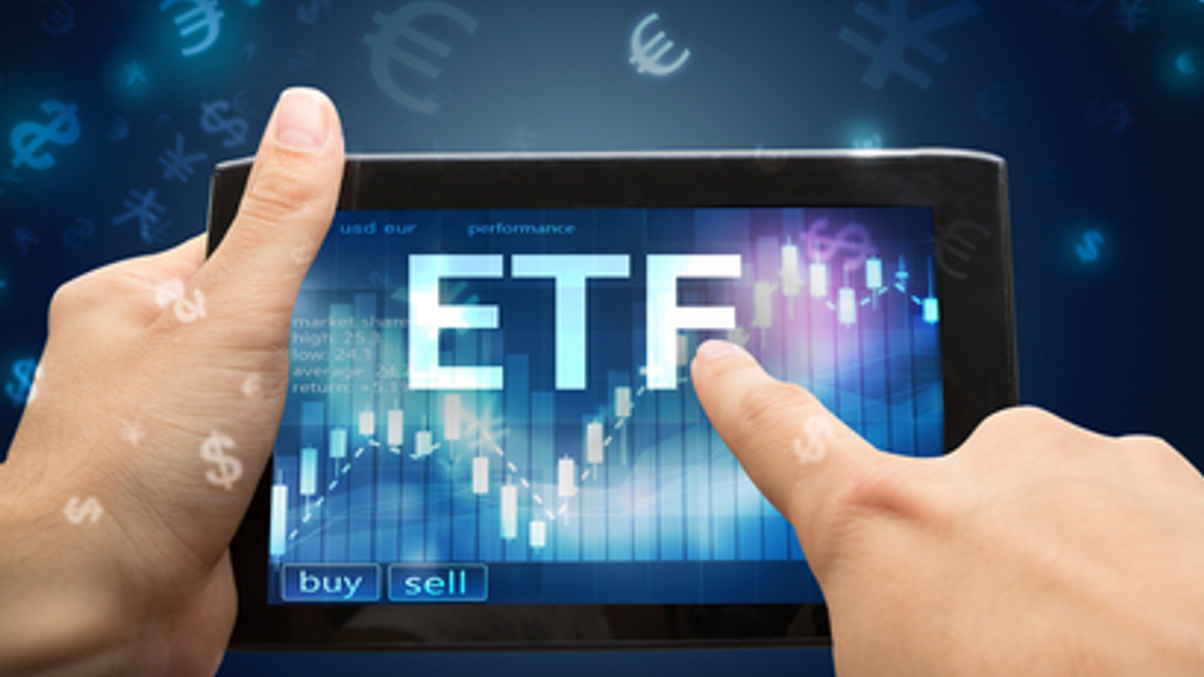Investors sizing up active ETFs, say experts
The region is set to see more active ETFs and more product choice in 2018. ETF Connect could also be a game changer, but bitcoin ETFs are unlikely, say industry players.

Sign in to read on!
Registered users get 2 free articles in 30 days.
Subscribers have full unlimited access to AsianInvestor
Not signed up? New users get 2 free articles per month, plus a 7-day unlimited free trial.
¬ Haymarket Media Limited. All rights reserved.


